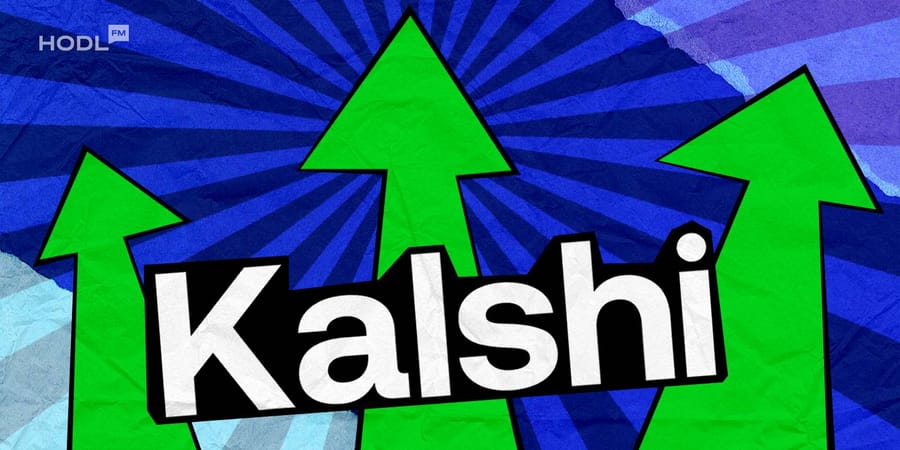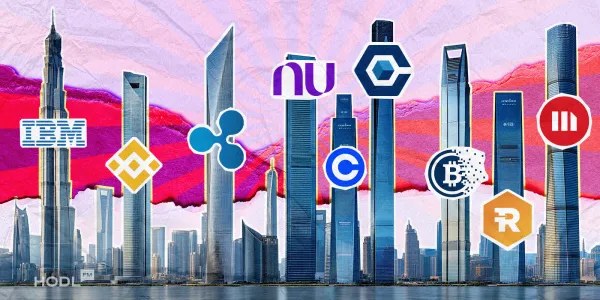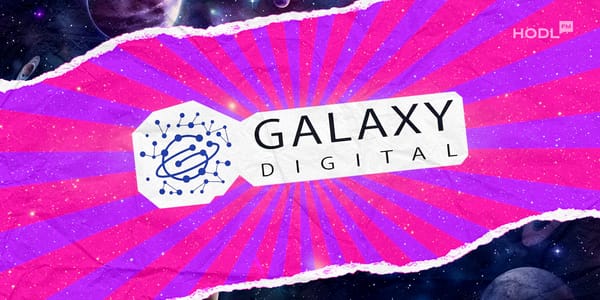Prediction market platform Kalshi has raised $1 billion in a new funding round valuing the company at $11 billion, according to TechCrunch, citing a person familiar with the matter. The raise marks one of the most dramatic valuation jumps in the financial prediction sector this year and comes less than two months after Kalshi’s previous $300 million round at a $5 billion valuation.
The latest round was led by returning investors Sequoia Capital and CapitalG. Other investors in Kalshi include Andreessen Horowitz (a16z), Paradigm, Anthos Capital, and Neo, though some did not participate in this round.
The rapid increase in valuation reflects intense investor optimism around regulated prediction markets, which are increasingly seen as new frontiers for event-driven data and financial analytics.
Rivalry with Polymarket intensifies
Kalshi’s growth now places it in direct competition with Polymarket, its crypto-native rival that’s reportedly targeting a $12 billion-$15 billion valuation according to Bloomberg. Polymarket recently closed a $1 billion round at an $8 billion pre-money valuation. The two firms represent competing approaches to prediction markets: Kalshi prioritizes regulatory compliance and institutional infrastructure, while Polymarket focuses on decentralization and blockchain-based transparency.
Both platforms gained widespread attention after correctly predicting the results of New York City’s mayoral election earlier this month. During the Mamdani versus Cuomo race, Kalshi purchased ad space on New York subway cars, running live screens displaying real-time odds for each candidate, an ambitious marketing move that significantly raised the company’s profile among New Yorkers.
Last year, both platforms also surged in popularity when they allowed users to bet on the outcome of the U.S. presidential election. Their prominence has since continued to rise as users turn to prediction markets as barometers for political, economic, and cultural trends.
Kalshi’s regulatory edge and global growth
Kalshi operates as a fully regulated marketplace under the Commodity Futures Trading Commission (CFTC), offering fiat-based event contracts rather than crypto-native tokens. This legal clarity gives the platform a compliance advantage as prediction markets move closer to mainstream recognition within financial infrastructure.
Now available in over 140 countries, Kalshi’s markets allow users to bet on a wide range of future events, from which film will top the Rotten Tomatoes charts and Time magazine’s Person of the Year selection to inflation reports and upcoming political races such as the next U.S. presidential election.
In mid-October, Kalshi’s trading activity reportedly hit an annualized $50 billion—a dramatic rise from about $300 million last year. This thousandfold increase positions Kalshi among the fastest-growing regulated event-contract venues in the world.
Legal challenges and state-level friction
Despite its federal victory against the CFTC last year, which affirmed its right to operate event contracts in the U.S., Kalshi continues to face state-level regulatory friction. In Massachusetts, the Attorney General is seeking to block Kalshi’s sports-related markets, an order that the company argues could trigger the forced liquidation of $650 million worth of open positions.
Other states are also debating whether prediction markets should be governed under gambling law or commodities law, a discussion that remains unsettled even as institutional demand grows.
Expanding partnerships and integrations
Kalshi’s momentum has also been fueled by new partnerships and product integrations. Its prediction-market data is integrated into Barchart platforms, broadening exposure to millions of retail and institutional traders. The company has also announced a collaboration with StockX to launch markets linked to sneaker and collectible releases, blending consumer culture with financial speculation.
Recent ecosystem links include integrations with Google Finance, Robinhood, Elon Musk’s xAI and Grok, and the Pyth Network. Additionally, in November, Kalshi migrated all USD Coin (USDC) custody and payouts to Coinbase Institutional, strengthening operational compliance and payment flexibility.
The road ahead
Kalshi’s latest $1 billion raise solidifies its position at the forefront of the booming prediction market landscape. As investors and policymakers increasingly view event contracts as legitimate financial instruments, Kalshi’s combination of regulation, institutional partnerships, and real-world market utility could give it a lasting edge against crypto-native competitors.
Prediction markets, once considered a niche experiment, are rapidly evolving into a mainstream data layer bridging finance, politics, culture, and information discovery. With an $11 billion valuation and expanding global presence, Kalshi appears well positioned to shape the next phase of event-driven finance.

Disclaimer: All materials on this site are for informational purposes only. None of the material should be interpreted as investment advice. Please note that despite the nature of much of the material created and hosted on this website, HODL FM is not a financial reference resource, and the opinions of authors and other contributors are their own and should not be taken as financial advice. If you require advice. HODL FM strongly recommends contacting a qualified industry professional.





